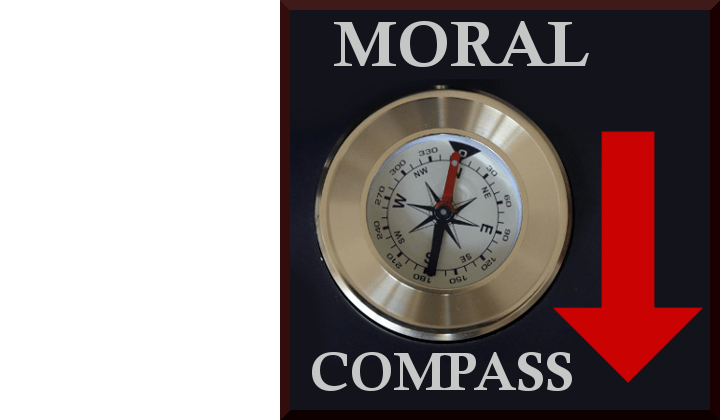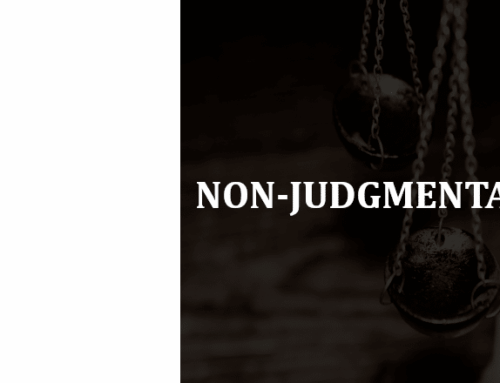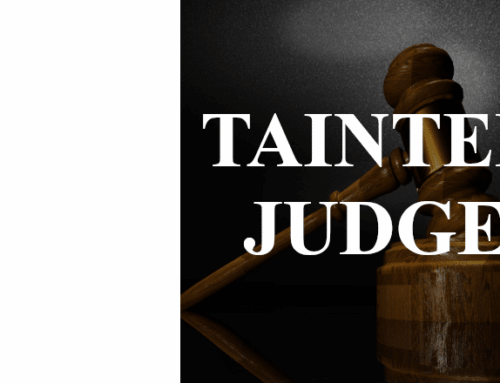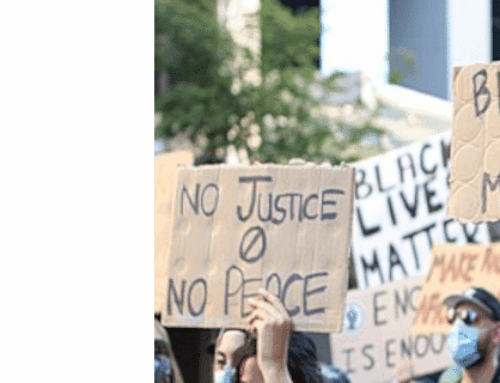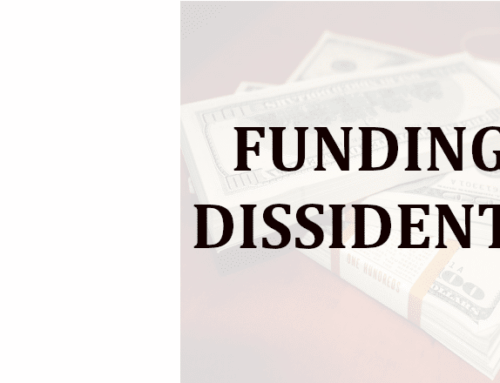Catholic League president Bill Donohue comments on some recent surveys on religion and morality:
The moral state of America is in deep trouble. That’s not an opinion—it’s what the American people believe.
In March, a Marist poll, conducted for Deseret News titled, “Faith in America,” found that 72 percent of Americans think the nation’s moral compass is pointed in the wrong direction.
In June, a Gallup poll revealed that a record-high 50 percent of Americans rated the overall state of moral values as “poor,” and another 37 percent said it was “only fair.” The public is also pessimistic about the future: 78 percent say morals are getting worse.
Why is this? While the surveys did not tap this measure directly, the Gallup poll asked respondents to name the most important moral problem in the country today. It was open-ended, i.e., they did not select from a list of moral issues—they simply voiced what they believed to be the most important one.
Six issues garnered a double-digit response. “Consideration of others” topped the list, followed by “racism/discrimination,” “lack of faith or religion,” “lack of morals,” “sense of entitlement,” and “lack of family structure.” These responses in 2022 were compared to those in 2012.
Ten years ago, “consideration of others” was not even mentioned, and “racism/discrimination” was barely cited. Regarding the latter, given the steady drumbeat emanating from the media, the schools and the corporations that America is irredeemably racist, it is hardly surprising to learn that racial matters have deteriorated. We reap what we sow.
When we pair “consideration of others” with a “sense of entitlement,” we have a strong indictment of radical individualism. Selfishness and narcissism are commonplace: from texting while driving to character assaults online, our society has been badly coarsened. The “Me Society” that Tom Wolfe talked about in the 1970s has never been more pronounced.
What about the other three issues? “Lack of faith or religion,” “lack of morals,” and “lack of family structure” make for an interesting cluster. The first and last are not effects of a moral breakdown—they are causes of it.
The American people intuitively know that religious beliefs and practices are an important ingredient in the formation of a moral society. The same is true of families where there is a father and a mother. In fact, the data bear them out—religion and intact families matter greatly.
The Marist poll found that 70 percent of Americans believe in God (more than half citing God as described in the Bible), and that figure jumps to 85 percent if we include those who believe in a higher power. The Gallup poll found that 81 percent of Americans believe in God, down significantly from 1944 when the figure was 98 percent.
This is not a coincidence: The increase in secularism accounts for our moral slide. The public knows it.
A Rasmussen poll taken in March found that 60 percent of voters think people who live according to their religious beliefs are good role models for the rest of us to follow; only 14 percent did not believe this; 26 percent weren’t sure.
The American people know that our moral compass is going in the wrong direction, and they also know that the declining role of religion has something to do with it.
When the Judeo-Christian ethos that has undergirded our society enervates—it used to form the heart of our moral code—it perpetuates a condition where our moral compass is directed more by individual whim than sacred tenets. That is a recipe for disaster.


